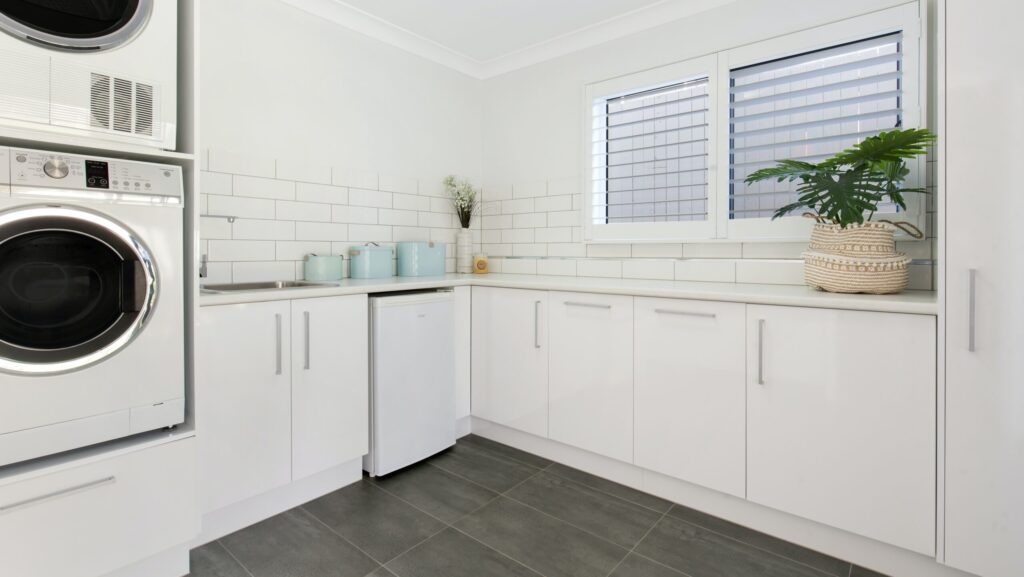In Massachusetts, property owners can pass water charges to residents, but specific legal requirements must be met under state law:
Legal Requirements for Charging Residents for Water
- Written Rental Agreement – The lease must clearly state that the resident is responsible for water bills.
- Submeter Installation – A licensed plumber must install a submeter for each unit to measure individual water consumption. This is typically straightforward for single-family homes.
- Water Conservation Compliance – All faucets, showerheads, and toilets must have water-conserving fixtures (e.g., low-flow devices).
- Certification from Local Authorities – The local Board of Health or Inspectional Services Department must certify that the submeters and water conservation devices are correctly installed.
Challenges for Multifamily Properties
For multifamily property owners, compliance can be costly and impractical. Upfront costs for installing submeters and replacing fixtures often exceed $1,000 per unit, depending on the property’s condition. Due to this, most multifamily owners choose to cover water expenses rather than passing them to residents.
Industry Best Practices & Property Management Approach
- In most cases, single-family home residents accept responsibility for water bills, even if the property does not strictly meet Massachusetts regulations.
- As a property management company, we always include a lease clause requiring residents to pay for water when the owner does not cover it.
- However, we cannot legally enforce water bill payments if the property does not meet Massachusetts regulatory requirements. Property owners should be aware of this limitation before expecting residents to cover water costs.
By understanding these regulations, property owners can make informed decisions about whether to charge residents for water or include it in rent.






